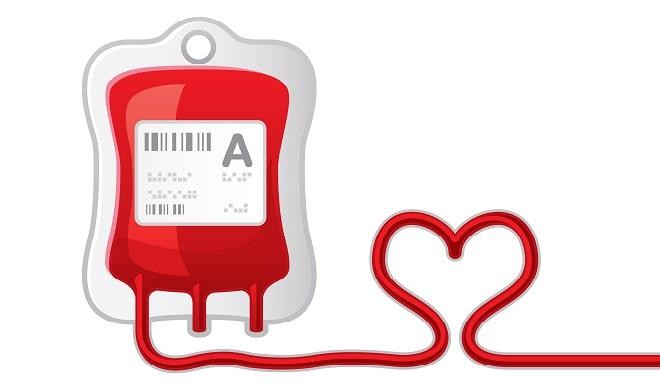Nigeria lacks legal framework for blood donation
Proponents of blood donation have called for laws establishing the National Blood Services Commission (NBSC) to be fast tracked to give legal frame work for blood services nationwide. They say proper legislation would help reduce the cost of blood services for patients, criminalise double charges passed onto patients at private hospitals and make blood available […]

File photo
Proponents of blood donation have called for laws establishing the National Blood Services Commission (NBSC) to be fast tracked to give legal frame work for blood services nationwide.
They say proper legislation would help reduce the cost of blood services for patients, criminalise double charges passed onto patients at private hospitals and make blood available and accessible when needed.
Nigeria is yet to get any legislative backing for its blood services provided by the National Blood Transfusion Services (NBTS).
Without it, private hospitals charge patients to screen blood units already screened and provided by the NBTS.
The bill for a law to establish the NBSC is said to have undergone a first reading—with a second and third reading expected and possible passage any time within the current administration, said Toyin Smith, national coordinator of the NBTS.
“Legislation is needed. Once we are fully backed by law, we can tell the hospitals what to do,” she said at a press briefing to mark this year’s World Blood Donor Day.
Five different tiers for blood services currently operate in Nigeria—at the NBTS, at general, federal and private hospitals, and commercial blood donation.
The Safe Blood For Africa organization says the pressure to be paid money means commercial donors are cutting corners to meet the criteria for donation.
It is expected a commission providing framework for blood services could lay guidelines and best practice.
“Blood from voluntary donors are safer and are the best, and unless we have a command-and-rule from government to establish it, this will not happen,” said Idris Saliu, country manager for Safe Blood For Africa.
“It is vital we have a legislation, so the ministry [of health] will have somebody in charge. We need a framework.”
Permanent secretary of the federal health ministry Abdullahi Mashi said legislative process for the draft bill has “commenced in earnest and is expected to be concluded early in the tenure of the recently inaugurated ninth National Assembly.”
Efforts are on to institutionalise the NBTS’s “blood rotation scheme”—using linkages with hospital in both urban and rural communities.
But many federal and state hospitals are yet to buy into it.
Mashi said their entrance into the scheme was necessary to ensure “increased access to safe blood and improvement of our maternal and child health indices.”
He said Nigeria was still far from building a sustainable pool required for safe blood donation.
Nigeria needs an estimated two million units of blood each year meet needs for blood-related services in transfusion, surgeries and emergencies.
“But much less is currently donated,” said Mashi.
“As long as demand outstrips supply, touting and racketeering of blood and blood products will continue to thrive.
“This situation can improve if only one percent of our country’s adult population commit themselves to voluntary non-remunerated blood donation on a regular basis.”
Last year, NBTS screened a total 20,503 blood units from voluntary donors across its 17 centres nationwide.
It issued 16,098 units to hospitals nationwide.
It hopes blood donor drives will improve the pool of voluntary donors.
To meet the demand, it is migrating from a semi-automated screening platform to full automation in its Abuja and Jos centres.
Full automation is expected to reduce turnaround time for screening, with units screened for HIV, hepatitis A, B and C within 24 hours.
